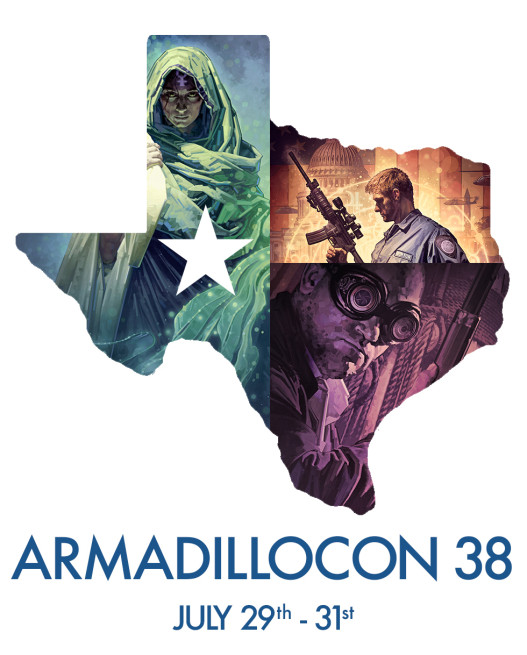
I will be at Readercon this weekend—with a busy Friday since I have to leave early on Saturday. Full schedule below—hope to see you there!
Friday July 08
11:00 AM 6 Cowboys of Space. Scott Andrews, Christopher Brown, Phenderson Clark, Molly Gloss (leader). Let’s discuss some of the ways in which SF and Fantasy perpetuate a cowboy mythology—a mythology of violent heroes, with a legacy of exploitation, vigilantism and brutality, imbued with fears, biases and insecurities about uppity women, swarthy foreigners, corrupt law enforcement, and government conspiracies. The true histories of cowboys in the American West are far more complex and colorful than many movies and paperback westerns would have us believe. How can we draw on real history to subvert and dismantle cowboy spaceman clichés?
4:00 PM 5 End of the World and After: from Mary Shelley to J.G. Ballard, Russell Hoban, and Beyond. Christopher Brown (leader), Elizabeth Hand, Jack Haringa, Faye Ringel, Henry Wessells, Gary K. Wolfe. Modern sf stories of the end of the world often mask romantic fantasies of abundance and dominion, usually to the benefit of one or a few privileged protagonists who survive the disaster—Brian Aldiss’s “cozy catastrophe.” Sometimes the vision is grounded in nihilistic misanthropy—like the scientist in Cixin Liu’s The Three-Body Problem, who initiates extraterrestrial first contact in an effort to lure aliens to exterminate what she considers an irredeemable human race. Other apocalypses, from early examples like Mary Shelley’s The Last Man to more recent work like Cormac McCarthy’s The Road and even Mad Max Fury Road, explore even bleaker scenarios. Could a study of comparative apocalypses yield ideas for better utopias?
7:00 PM A Reading: Christopher Brown. Christopher Brown. Chris Brown reads from Tropic of Kansas, a novel forthcoming in 2017 from Harper Voyager.
8:00 PM 6 The Future of Government . Christopher Brown, Alex Jablokow, Paul Park (leader), Steven Popkes. We like to think that US democracy is the ultimate and best form of government, but it has its weaknesses as have all the types of government that came before and exist today. What forms of government are coming? What new technologies, economic ideas, or environmental changes might play important roles in these new types of governance? Was Marx ultimately right and we just haven’t gotten very far along his timeline yet? What forms of government have been proposed that haven’t existed in the real world?



